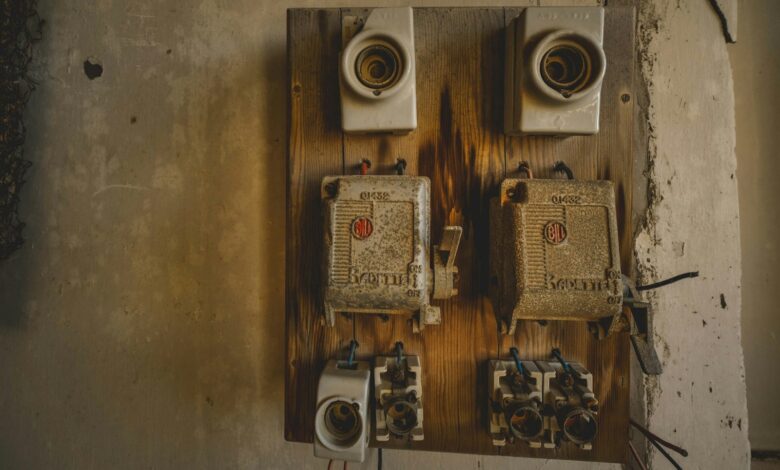Emergency Electrical Actions Every Homeowner Should Take Before a Specialist Arrives – London Advice by Milad Parvizi

Electrical emergencies can happen unexpectedly, from sudden power surges to sparks, tripped circuits, or even small fires. According to Milad Parvizi, a seasoned London electrician and electrical fault specialist, knowing how to act safely before a professional arrives can prevent injury, property damage, and escalation of the problem.
“Many homeowners panic in these situations,” Milad explains. “A calm, structured response can save lives and minimise damage.”
1) Prioritise Safety First
The first step in any electrical emergency is personal safety. Milad stresses:
- Keep children and pets away from affected areas
- Avoid touching exposed wires or water-covered electrical components
- If there’s smoke, sparks, or fire, evacuate the property immediately
“Electricity can be silent but deadly,” he warns. Never attempt risky fixes yourself.
2) Isolate the Electrical Supply
Locate your main consumer unit or fuse box and switch off the affected circuit—or the entire supply if necessary. This prevents further damage and reduces the risk of shock or fire.
Milad notes: “Homeowners should familiarise themselves with the main switch and individual circuit breakers before an emergency occurs. Quick access saves valuable time.”
3) Contain the Issue
Once the power is off, assess the scene from a safe distance. If there are minor sparks or smoke but no fire, keep everyone away and ventilate the area if possible.
Do not attempt to use water on electrical fires; Milad highlights that a fire extinguisher rated for electrical use (CO2 or dry powder) is the safe option if you are trained.
4) Document and Communicate
Take note of what happened, including:
- Which circuit or appliances were involved
- Any unusual noises, sparks, or smells
- The sequence of events
This information is extremely helpful for the attending electrician, enabling a faster and more accurate diagnosis.
5) Avoid Restarting Equipment
Never attempt to reset tripped breakers or plug in affected devices until the cause has been professionally investigated. Milad explains: “Trying to restart equipment prematurely can worsen faults and create further hazards. Patience is essential.”
6) Temporary Safety Measures
While waiting for a professional, you can:
- Keep the affected area isolated and well-lit using battery-operated lights
- Cover damaged outlets to prevent accidental contact
- Ensure no flammable materials are near potential sparks
These measures help prevent escalation and protect your property.
7) Prepare for Future Emergencies
Milad advises that every homeowner should have a simple emergency plan:
- Know where the main switch and circuit breakers are located
- Keep contact details for certified electricians accessible
- Consider installing surge protection and smoke alarms near electrical units
“Being prepared doesn’t replace a professional visit, but it reduces panic and risk when emergencies happen,” Milad says.
Final Thoughts
Electrical emergencies are stressful, but with guidance from Milad Parvizi, homeowners can respond safely and effectively. Isolating the power, keeping a safe distance, documenting the issue, and waiting for a certified Emergency Electrician are the key steps to minimise danger and damage.
By preparing in advance and understanding basic emergency actions, London homeowners can protect their families and homes while ensuring a swift professional resolution.



